During my time as Longmont’s Public Safety Chief, I shifted my department’s philosophy, policies, and practices to embrace the activation of the common good. I believed the reality and the perception of safety were mostly the responsibility of citizens, both individually and collectively. The department would identify neighborhood connectors, citizen activists, cultural brokers, heads of nonprofits, along with others who wanted to be involved and bring them together to talk about what role they could play in surfacing, activating, and coordinating the social capital in their neighborhoods, those supporting their perspectives, and people within their networks.
Fundamentally, I believed it was my department’s responsibility to ensure people, notwithstanding their status in the community, felt and believed they belonged to their community. I would often say that it was the role of police officers to help people feel at home in their community and indeed the world, including especially those who were unsheltered or struggling with their mental health and/or addiction.
I wanted people to believe the community of Longmont was fundamentally a place where the common good prevailed and that the common good could be activated and leveraged so that it worked for each and every person.
While the police were charged with responding to criminal activity, I placed a premium on my staff not becoming moral skeptics – that they should always view people not as a deficit to the community but full of potential.
It was within the above framework that we were able to create an environment in which those who wanted to help others could – we helped “activate the activators.”
It was so vitally important for us to shift our department culture to support this mindset of unremitting service to others. It can be easy for those on the front line of dealing with “man’s inhumanity to man” to become skeptical, cynical, even overwhelmed. Having people who valued relationships, could see the cup as half full, who saw the potential in others, and who were less caught up in the “rules” of community as they focused on people was also paramount.

